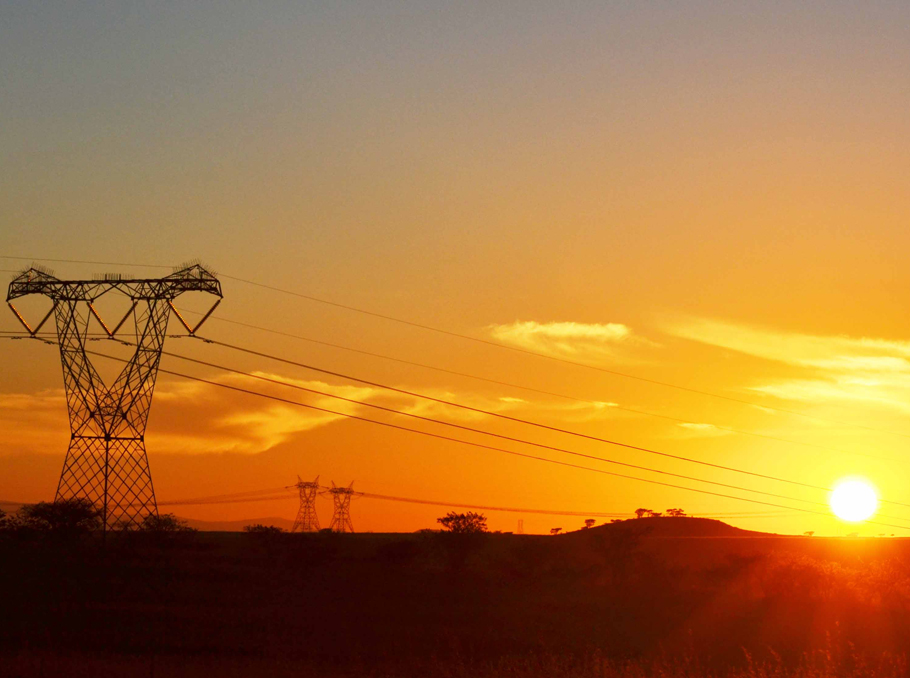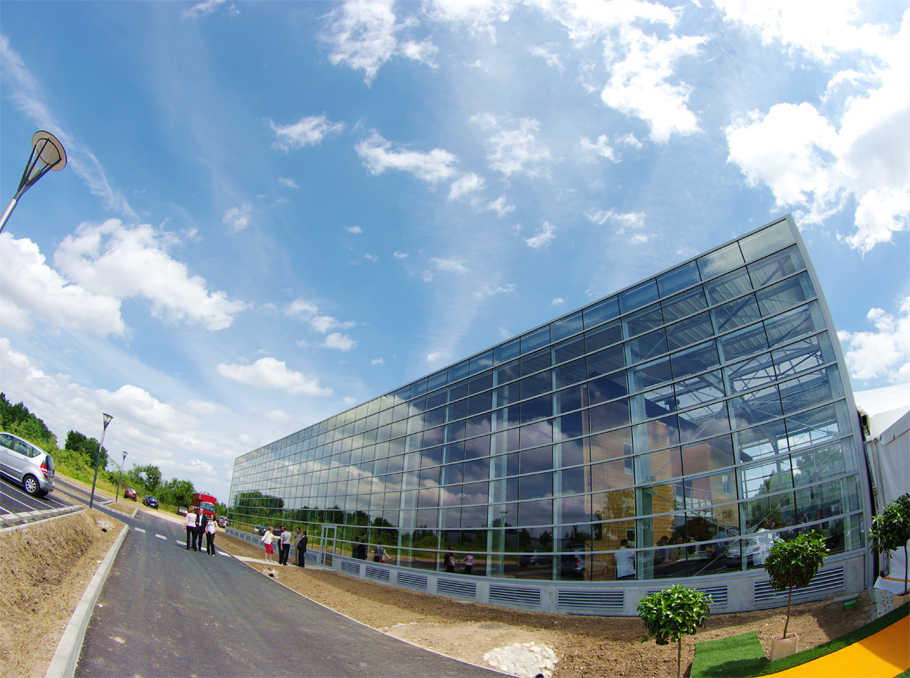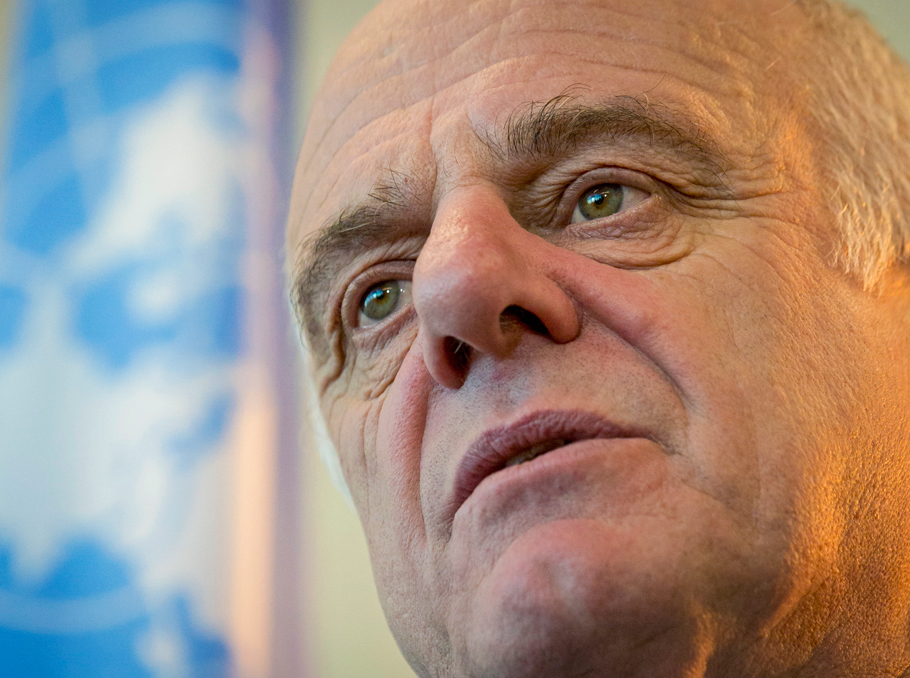Since 2009, within the framework of the Global Environment Facility’s (GEF) Small Grants Programme (SGP), implemented by the United Nations Development Programme (UNDP), around 50 projects were funded in Armenia with a total amount of USD 2 million (the maximum amount of one grant is USD 50,000).
The Programme is designed for non-profit and non-governmental organizations, including community-based organizations. Around 30% of the funded projects is directed toward climate change mitigation, in particular, use of renewable energy sources (RES) and implementation of energy-efficiency improvement measures.
Mediamax spoke to Hovhannes Ghazaryan, National Coordinator of the Global Environment Facility’s Small Grants Programme, implemented by UN Development Programme; the conversation covered current and future projects and Armenia’s prospects in the area of renewable energy.
Considerable results with limited funds
Hovhannes Ghazaryan told that with the GEF SGP support solar photovoltaic and thermal systems are being installed in beneficiary communities. In parallel, the energy performance of buildings and facilities is improved, thus resulting in reduction of energy costs and heat losses.
“Our aim is to support the demonstration of innovative low-carbon technologies that support sustainable energy services and enhance energy security in communities. Our interventions are mainly aimed toward reduction of greenhouse gas emissions, decrease in deforestation levels, improvement of carbon sequestration rates by ecosystems and enhancement of climate change resilience,” noted Hovhannes Ghazaryan.
The GEF operational principle is to provide incremental cost funding: it is assumed that a certain degree of willingness has to be demonstrated at the local level as well. The projects in beneficiary communities usually expect non-cash investments by the local population.
“Due to such type of cost-effective approach to resource allocation we are able to ensure greater results than would be possible in case of, for example, full-scale projects. To maximize the SGP impact, we try to involve other donor organizations that already operate in that specific area for parallel funding,” clarified the National Coordinator.
The project funds are mainly invested in public facilities and infrastructures. The largest solar thermal system was built in Syunik regional neuropsychiatric clinics; this system contributed to a significant improvement of sanitary and hygiene conditions in the hospital. While due to installation of a solar thermal system in Gyumri Boarding School No.3 and thermo-insulation of the building, energy consumption of the school decreased by 60%. There is a positive experience recorded also in Artik town: in addition to the installation of a solar thermal system to heat the stairwells of one of the hallways in a shared apartment building, energy-efficient doors and windows were set up for the reduction of heat losses. At the request of the dwellers in the adjacent hallway of the same building, similar energy-saving measures were carried out. It is noteworthy that the installed systems and energy-efficient appliances have been flawlessly operated and maintained by the residents since 2009.
Agriculture is another focus area of the GEF Small Grants Programme for promotion of low-carbon energy technologies: traditional and modern type solar fruit dryers and energy efficient greenhouse systems were constructed; photovoltaic and solar hot water systems were installed in remote pastures.
“Infecting” people
In Basen village, in the only building of community importance, where the local kindergarten, municipality, ambulatory and sports school operate, the project has installed a solar thermal system. Nearby, an energy-efficient greenhouse and fruit dryer were constructed, where new technologies were demonstrated, such as a heat pump and a solar air convective heating system.
“The project was so successful that parents were the ones who expressed the initial interest: when they became aware that by using these systems it was possible to make cost savings, before the project was even completed, around 20 private houses decided to install and operate such type of solar systems through their own funding. Nowadays, the number of households using solar heaters is larger. An individual entrepreneur has established an energy-efficient greenhouse. In addition, a revolving community fund was created through which all the savings and revenues are managed and channeled toward community needs, such as covering the current expenses of the kindergarten,” Hovhannes Ghazaryan told Mediamax.
According to Mr. Ghazaryan, recently a pellet fuel production unit was established in this community. After harvesting of cereals, the residual biomass that was formerly just burnt by the farmers in the fields, nowadays is provided to Basen Foundation, which processes it into pellets (heating granules). Basen community is not connected to natural gas supply network, and the production of biofuel by recycling the biomass waste can have a huge potential for further replication and dissemination, especially in communities with no natural gas supply. The heating granules are burnt in special energy-efficient stoves.
“Through this we not only avoid the emission of greenhouse gases and land degradation as a result of residual biomass burning, but also ensure economic gains,” emphasized Hovhannes Ghazaryan.
There is no geographic focus for the implementation of the projects, however, the experience has indicated that in terms of efficiency the best projects were implemented in Shirak region. According to Hovhannes Ghazaryan, perhaps this was due to the high poverty rate in this region, long and harsh winters, but at the same time due to a significant potential for solar energy production.
“It is clear that with small grants we are not able to solve global issues; nevertheless, through our start-ups the demonstration of best practices of application of such technologies has a significant potential for replication, dissemination and commercialization. We are changing the overall perception of people to see and be convinced that this is a correct choice; it generates income and ensures savings. With these projects, we also contribute to poverty reduction since high energy prices mainly affect the vulnerable groups of population. Meanwhile, we pay special attention to the development of local capacities: while demonstrating, we do our best to explain the process in a simple way, so the local population understands how these technologies work, and that it can be applied in their houses,” noted Hovhannes Ghazaryan.
Potential for production of energy systems in Armenia
Hovhannes Ghazaryan is confident that in the area of renewable energy Armenia has a huge potential. He has noted that there is a certain positive change in Government policy as well. For example, the amendments made to the “Law on Energy Saving and Renewable Energy” that provide any economic entity an opportunity to have up to 150 kW capacity of grid-connected photovoltaic power station feeding excess power to the grid, open an attractive space for application and dissemination of renewable energy production systems.
With regards to production of such systems in Armenia, according to Mr. Ghazaryan, the number of companies in this sector constantly grows and competition intensifies. The latter has resulted in enhancement of the quality and a more flexible price policy. The companies have started providing warranty periods, while banks have started giving soft loans, etc.
“In the framework of our projects we have tried to install both locally produced and imported systems. We also had an experience of a local NGO that has built such a system. As of today, our grantees have preferred purchasing systems and spare parts imported from abroad because those are of higher quality. Nevertheless, I think that Armenia-based production of such systems gets better,” Hovhannes Ghazaryan has told Mediamax.
Marie Taryan




























Comments
Dear visitors, You can place your opinion on the material using your Facebook account. Please, be polite and follow our simple rules: you are not allowed to make off - topic comments, place advertisements, use abusive and filthy language. The editorial staff reserves the right to moderate and delete comments in case of breach of the rules.